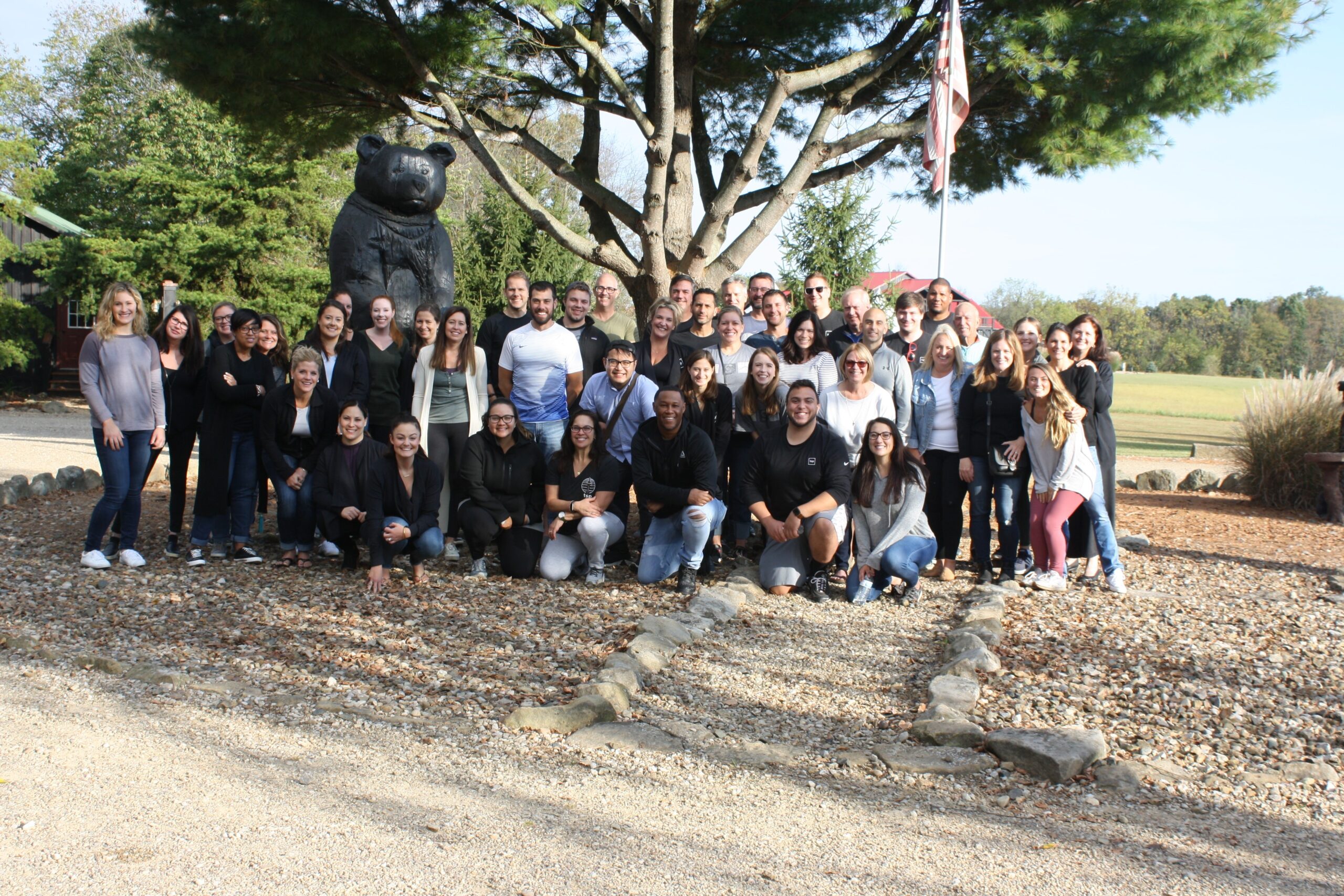Sourcing Talent: Beyond the Traditional Pool
In the digital age, the hunt for executive talent is no longer confined to the boardrooms and the rolodexes of traditional recruitment. As start-ups navigate the competitive landscape of talent acquisition, the key to assembling an exceptional team lies in innovative sourcing strategies.
- Social Media Advertising: Utilizing platforms like Facebook and LinkedIn for targeted advertising is an effective way to reach passive applicants. These platforms offer extensive user bases and sophisticated ad targeting options, making them ideal for reaching potential candidates.
- Employee Involvement in Marketing: Employees can be the best brand ambassadors. Encouraging them to share their experiences and using keywords in their statements on your career page can attract top candidates.
- Blogging: A company blog that uses search engine optimization principles can attract candidates to your brand and enhance your recruitment efforts.
- Career Conferences: Attending networking events like career conferences allows for forming new connections and promoting your brand in person.
- Employee Referral Programs: Offering referral bonuses to existing employees can significantly boost your chances of attracting quality candidates.
- Optimizing Company Website: Ensuring your website effectively showcases your brand, values, and diversity can intrigue candidates and enhance your recruitment strategy.
- Using Overseas Job Websites: Expanding your search geographically, especially with the rise of remote work, can significantly widen your candidate pool.
The quest for top-tier executive talent demands a strategy as dynamic and broad-reaching as the start-up ecosystem itself. By embracing a spectrum of innovative sourcing avenues, from the targeted digital landscapes of social media to the personal endorsements of employee networks, start-ups can uncover a rich tapestry of candidates. This approach transcends traditional boundaries, offering a multifaceted recruitment process that not only attracts diverse leadership talent but also aligns them with the vibrant culture and pioneering spirit of a start-up ready to make its mark.
The Role of Executive Search Firms
In the context of start-ups, the role of executive search firms is crucial for finding the right leadership talent. These firms offer specialized expertise, extensive networks, and a deep understanding of the start-up landscape, making them an invaluable asset in the executive recruitment process.
Specialized Expertise in Executive Recruitment: Executive search firms bring years of experience and skills to the table. They have a keen understanding of the requirements for executive roles and can assist start-ups in defining the essential skills and knowledge needed for their leadership positions. This expertise is particularly valuable for start-up owners who may lack experience in hiring executives (Diestel.com).
Access to Extensive Networks and Passive Candidates: One of the key benefits of working with search firms is their vast network of top talent, including passive candidates who are not actively looking for new positions. They use their connections, databases, and confidential networking to find the best-fit candidates. This broadens the search radius and brings options that start-ups might otherwise overlook or consider out of reach (Hunt Scanlon Media).
Understanding the Start-Up Landscape: Search firms have a deep understanding of the unique challenges and dynamics of the start-up environment. They are adept at identifying candidates who not only possess the necessary skills but also fit the start-up’s culture and ethos (Hunt Scanlon Media).
Benefits of Using Search Firms for Start-Ups: Start-ups often lack extensive connections, credibility in their field, and ample funding, making the hiring process more complicated and time-consuming. Executive search firms can assist in overcoming these challenges by offering expertise in vetting candidates, expanding the candidate pool, and focusing on the unique selling points of the start-up (Diestel.com).
Tips on Selecting the Right Search Firm: When choosing an executive search firm, start-ups should consider firms with specializations that align with their industry or the specific roles they are looking to fill. Additionally, assessing the firm’s approach to recruitment (active vs. passive), global reach, commitment to diversity and inclusion, and the nature of client collaborations can help in making an informed decision (Bradsby Group).
In summary, executive search firms play a pivotal role in assisting start-ups in finding the right leaders. Their specialized expertise, extensive networks, and tailored approach to the unique needs of start-ups make them an indispensable resource in the executive recruitment process.
Interviewing and Evaluating Candidates for Start-Ups
Guiding Principles for Effective Interviews
- Preparation and Transparency: Preparing for interviews involves not only planning the questions but also informing candidates about what to expect. This transparency helps reduce candidate anxiety and allows them to present their best selves, ultimately leading to more productive interviews (Whoco).
- Balancing Structure and Flexibility: While structured interviews with predefined questions are effective, incorporating a degree of flexibility allows for a more comprehensive understanding of the candidate. Mixing behavioral and situational questions can provide deeper insights into the candidate’s capabilities and thought process (Workable).
- Evaluating Technical Skills and Cultural Fit: It’s crucial to assess both the technical skills necessary for the role and the candidate’s alignment with the start-up’s culture. Behavioral questions, situational scenarios, and practical exercises can be employed to effectively gauge these aspects (Whoco).
- Involving Key Stakeholders: Including various team members in the interview process ensures diverse perspectives and a more rounded evaluation of the candidate. Each interviewer can focus on different aspects, from technical skills to cultural fit, ensuring a comprehensive assessment (Robert Half).
- Feedback and Candidate Experience: Ensuring candidates have a positive experience during the interview process is critical. Providing them with an opportunity to ask questions and offering constructive feedback, regardless of the outcome, can enhance your company’s reputation and aid in future recruitment efforts (Whoco).
- Bias Reduction: Conscious efforts to reduce biases in the interview process, such as focusing on job-related characteristics and using objective evaluation tools, are vital. This approach not only ensures fairness but also leads to the selection of the best-suited candidates (Workable).
- Post-Interview Evaluation: After interviews, collaborate with the interviewing team to evaluate candidates against the set criteria. Using a systematic approach such as scorecards can aid in objective assessment and facilitate decision-making (Robert Half).
Interviewing and evaluating candidates for start-ups involve a blend of preparation, structure, and flexibility, with a focus on both technical and cultural fit. Involving key stakeholders, reducing biases, and providing a positive candidate experience are key elements that contribute to the effectiveness of the recruitment process.




